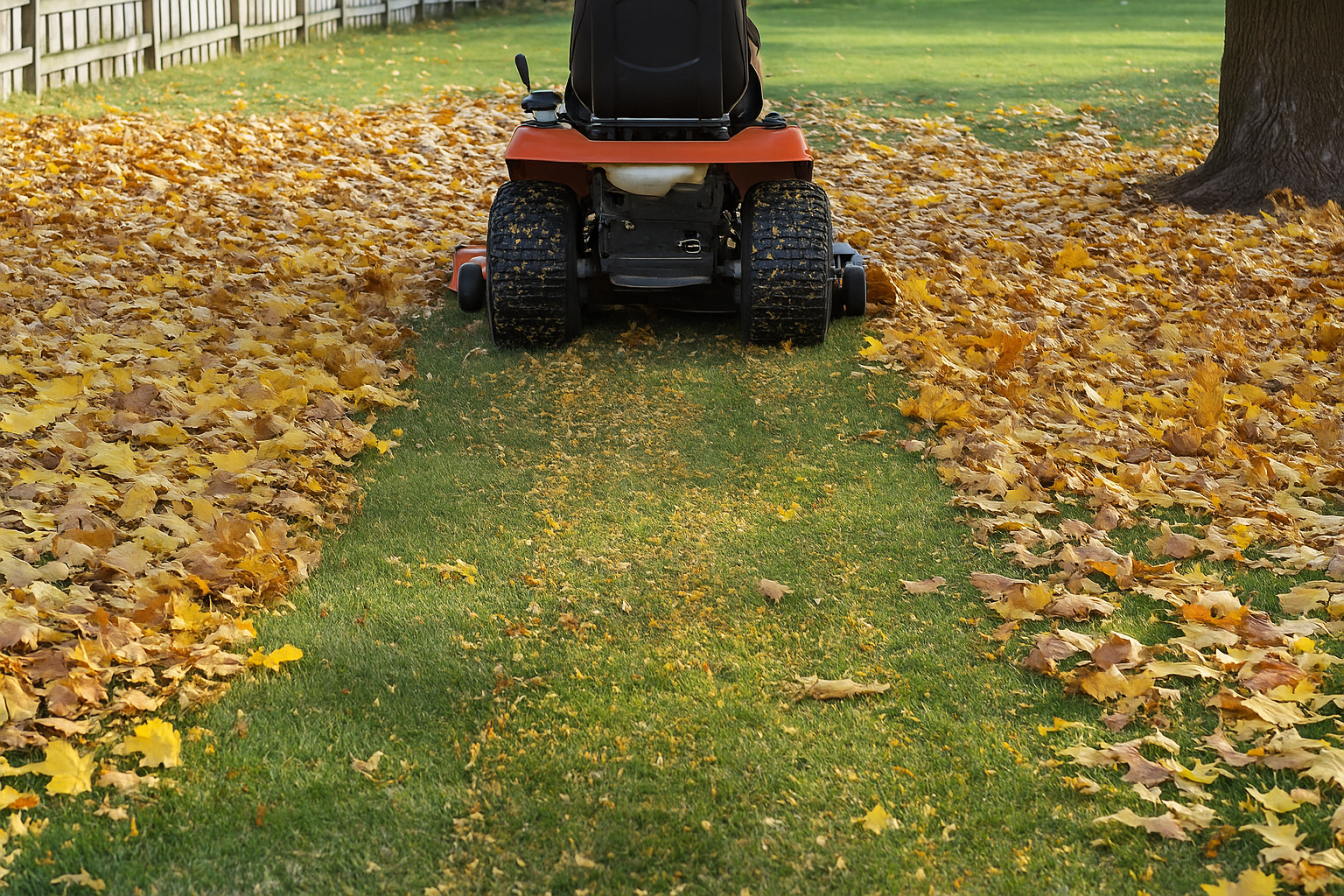
Integrating Sustainable Practices into Your Landscape and Irrigation Systems Apr 10, 2025
To begin, it’s important to understand that sustainable landscaping involves incorporating practices that reduce waste and resource consumption while supporting local ecosystems. A great place to start is by selecting native plants for your garden. Native plants are accustomed to the local climate and soil conditions, requiring less water and fertilizer than non-native species. This not only saves water but also supports local wildlife, such as bees and butterflies, which are crucial for pollination.
Next in line is the adoption of efficient irrigation systems. Traditional irrigation methods can lead to water wastage through evaporation and runoff. Utilizing drip irrigation systems can make a significant difference as they deliver water directly to the plant's roots, minimizing waste and promoting healthy growth. Smart irrigation controllers, which adjust watering schedules based on weather conditions, can further reduce unnecessary water use.
Mulching is another sustainable practice to integrate into your landscape. Applying a layer of organic mulch helps retain soil moisture, reduces weed growth, and provides nutrients to your plants as it decomposes. Moreover, it is an attractive way to finish off your garden beds. Choose materials such as wood chips or straw for an eco-friendly option that complements the natural aesthetic of your landscape.
Composting is also a highly effective way to enrich the soil without the need for chemical fertilizers. Kitchen scraps and garden waste can be transformed into nutrient-rich compost, providing your plants with the nourishment they need while reducing landfill waste. Not only does this practice support plant growth, but it also improves soil health by increasing its ability to retain water and providing structure.
Consider incorporating permeable paving solutions in your hardscape designs. Traditional paving materials often contribute to stormwater runoff, which can lead to soil erosion and water pollution. Permeable pavements, such as gravel or specially designed pavers, allow water to pass through, reducing runoff and naturally recharging groundwater supplies.
Incorporating rain gardens into your design can also significantly impact sustainability. These gardens are designed to capture and filter rainwater, reducing runoff and improving water quality. They not only provide a habitat for a diverse range of plants and wildlife but also add a unique visual element to your landscape.
Finally, regular maintenance of your landscape using sustainable practices will ensure its longevity and health. This includes the use of electric or gas-efficient tools to minimize pollution, as well as reducing lawn areas by allowing some spaces to revert to low-maintenance, natural vegetation.
Integrating sustainable practices into your landscape does not mean sacrificing beauty or functionality. Quite the opposite, at Extra Mile Landscape & Irrigation, we advocate for designs that are both environmentally friendly and visually striking, offering a sanctuary that invites relaxation and enjoyment. By implementing these strategies, not only are you making a positive impact on the environment, but you are also adding significant value to your property. Let us partner with you in creating a space where sustainability meets elegance.